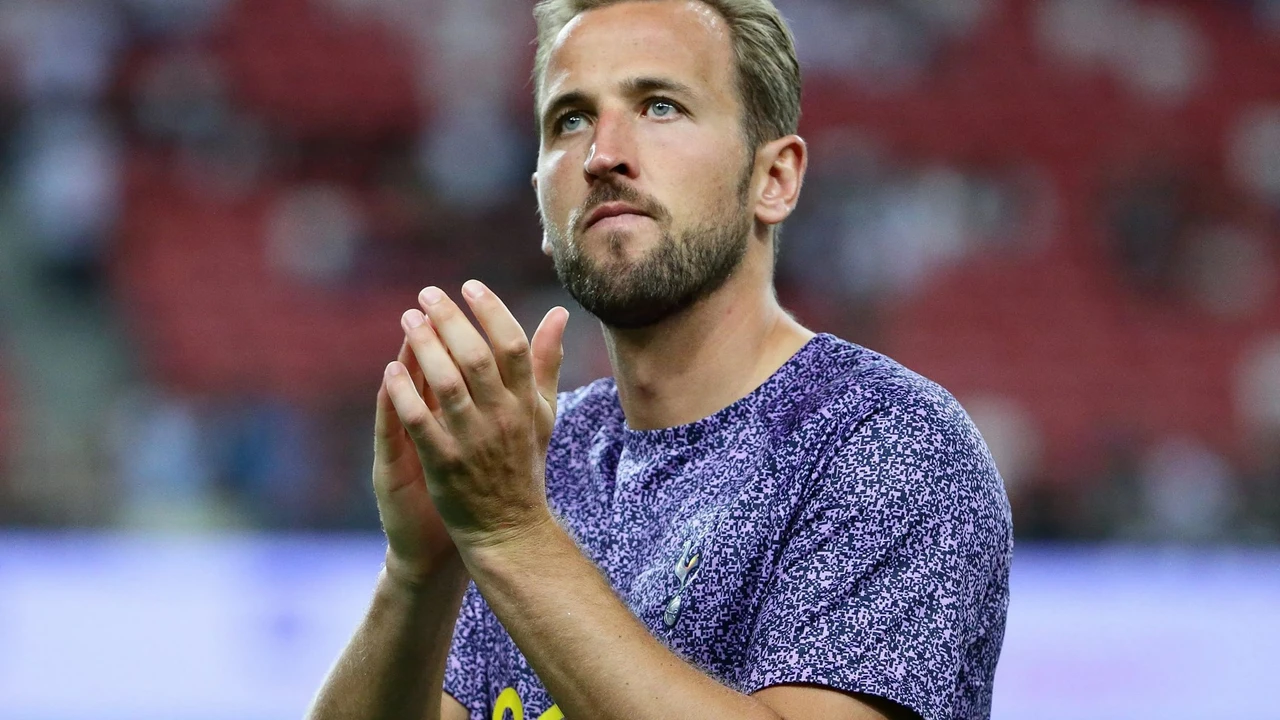The Intriguing Transaction: The Heart of a Football Transfer
I'm Arjen, a massive soccer fan and a follower of the beautiful game. I've had my fair share of chant-filled games and late-night victories, often simultaneously calming Cullen's nerves while cheering our favourite team on. However, amidst all the thrill and excitement, the concept of 'football transfers' often leaves many fans, much like my daughter Odessa last time we discussed it, scratching their heads in confusion. So, let's break it down.
Let's talk about 'personal terms' in football transfers, mainly because it's often the part that leaves most fans baffled. I mean, it surely isn't as straightforward as shopping online and simply adding your Neymar or Messi to your cart, then checking it out and waiting for delivery, or is it? Hmm, if only it was that easy!
Understanding 'Personal Terms'
Personal terms involve an agreement between the buying club and the player. This is almost like a job interview, but instead of comparing 401Ks and healthcare benefits, it's about wages, bonuses, and the length of your potential stay with the new employer. Before negotiations begin, a transfer fee must be agreed between the selling club and the potential buyer.
Once the transfer amount is agreed, the player and the purchasing club start discussing these 'personal terms'. These negotiations usually revolve around wages, bonuses like goal or appearance targets, contract duration, and sometimes even geographical and familial factors come into play too. It's not always about money; sometimes the love of the game or personal circumstances can dictate the move too.
The Life-Altering Decision: Agreeing to Personal Terms
While football transfers might seem thrilling and exciting from the outside, it's a huge decision for a footballer. The player must factor in the play style and philosophy of the club, the geography, the living conditions, and even the expectations of the fan base – and these factors might be even more important than wage considerations for some players. The player is essentially signing a portion of his career to the club, and agreeing to personal terms is just the final, legal affirmation of that decision.
Just to give you a personal anecdote, I remember back in the day when I had to transfer cities for a job. It was an extensive process, entailing a critical analysis of the new place, the people, the work culture, and whether it would work for my family – Cullen was just a toddler then. I cannot even imagine the magnitude of a footballer's decision that not only involves him but affects two football clubs and their fan bases as well. Wow, the stress!
What Happens After Personal Terms?
Once the personal terms are agreed upon, then comes the medical examination part. Just like a check-up, routine or otherwise, the buying club needs to ensure their new signing is fit and healthy for the game. It's like inspecting the car you're about to purchase – you wouldn't want to buy a Lamborghini that can barely start, would you?
Upon passing the medical test, the transfer is announced to the public via social media and news outlets. The club's fans are delighted, the player is relieved, and everyone starts fantasizing about the upcoming season with their new addition. I mean, imagine signing Ronaldo – the excitement would be unfathomable!
The Unsaid Factors: Other Elements Influencing Personal Terms
Besides wages and career considerations, there’s a whole host of factors that might influence a player's decision. For instance, how big is the club? What's their history? How have they traditionally treated players, especially imports from abroad? Yes, boys and girls, these are questions that will be actively discussed when personal terms are being negotiated. It’s these ‘off-camera’ human elements that often tip the balance one way or another for a player.
Are Personal Terms Always in Favour of Players?
A misconception that often irritates me is the notion that these personal terms are always in favour of the players. To set the record straight, I'd say it's not truly the case. They sometimes lack the contractual security they would have hoped for. Clubs typically avoid being financially strangled by a big contract that lasts longer than they are willing to commit to or can afford.
There's always a risk attached to each transfer, particularly to big-name signings. Remember Alexis Sanchez and Manchester United? Yeah, that didn't pan out quite well. These risks are why clubs include certain terms and conditions in the contracts, so they aren't one-sidedly favouring the player. While the player is offered certain guarantees, he's also tied down to an obligation towards the club. It's a two-way street, folks!
Wrapping Up: The 'I Dos' of Football
Personal terms, in essence, are the 'I Dos' of football, with the player committing to his new club through good and bad, injury and health, or at least until the end of his contract. They are a customary part of the football transfer process, almost a ritual that validates the move and announces the next chapter in the player's career. So, the next time when you hear that the personal terms have been agreed on, you won't be left scratching your head, rather you could impress your friends with your in-depth knowledge. How about that, hey?
